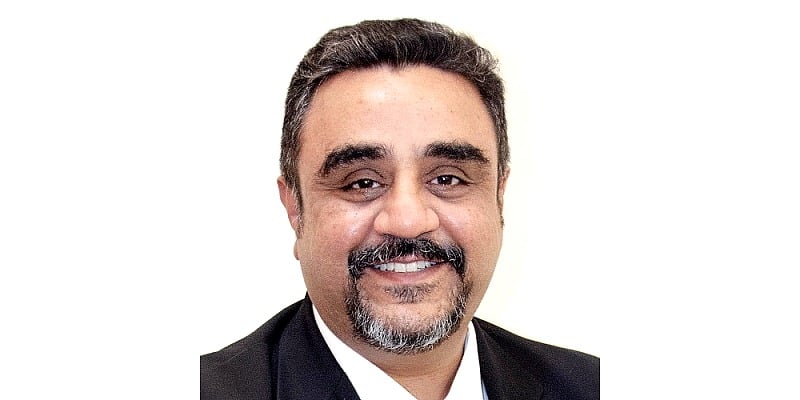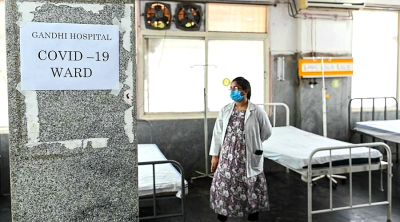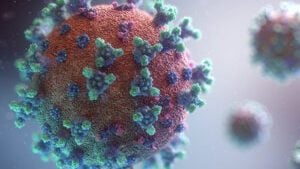
SARS-Cov-2 is here to stay. The Delta variant has been the major circulating strain for many months now and is very infectious.
This variant makes it likely that COVID-19 infections will continue to spread, and we will all likely be infected at least once during our lifetime.
Vaccines are effective for the short term, whereas the long-term effectiveness and safety for vaccines are unknown.
Vaccines are relatively new and the data collection for long-term studies is ongoing.
It is postulated that vaccines would remain effective at reducing the long-term risk of severe disease and death.
The older populations are at a higher absolute risk of complications. They should be targeted more aggressively for the booster campaign. The evidence is still evolving for other groups.
Herd immunity remains an illusion due to the Delta variant, the high global incidence and the decreased long-term vaccine effectiveness against transmission.
Rather than prevention of transmission, we should focus on downstream effects such as severe disease, ICU admissions and deaths.
Malaysians need to work, get educated, and maintain social connections and mobility for a better quality of life.
The baseline daily reported cases appear likely to be between 5,000 to 15,000 under these “normal” living conditions.
The daily reported cases may increase temporarily after certain periods associated with large gatherings (elections, festivities, school holidays) but should then “normalize” after these events, given adequate quarantine, isolation and contact tracing.
The baseline incidence will reduce with time as more of the population gets infected.
We estimate that approximately 8.5 million of our population have been infected with COVID-19. The remaining 24 million Malaysians are likely to get COVID-19 in coming years.
As the cumulative number of cases increases with time, so will the cumulative ICU and death numbers. However, we expect a lower number of severe diseases and deaths in a post-vaccinated population.
The fatality rate is very low among a post-vaccinated population and was estimated at 1 out of 1,000 cases by the MOH-RECoVaM study.
Numbers alone tell half the story; it is just as important that Malaysians have access to care when needed.
The absolute case numbers are important for the district health office to estimate their COVID-19 assessment, registration and contact tracing needs.
Public health services are the first to get overwhelmed, leading to larger waves of outbreaks.
Our healthcare system should also continuously forecast and prepare for near-term utilization of ICU and ventilation support beds.It is cost-effective to increase public health, primary care, and hospital services for the next 1-2 years than implement more expensive movement and lockdown restrictions.
A clear communication strategy is very important. Let the experts crunch the numbers and monitor the temporal trends of absolute numbers of severe disease, ICU and deaths.
For the public, a simpler traffic light system on preparedness may be easier to understand without any medical jargon.
The cost-effectiveness of any intervention should be objective considered before implementation.
It is important to have a clear end game in place to maintain the trust of the rakyat.
It is imperative that we also counter any fear-mongering towards achieving our long-term resilient goals.
(Dr. Sanjay Rampal is Professor of Epidemiology and Public Health, Faculty of Medicine, Universiti Malaya.)
ADVERTISEMENT
ADVERTISEMENT








































